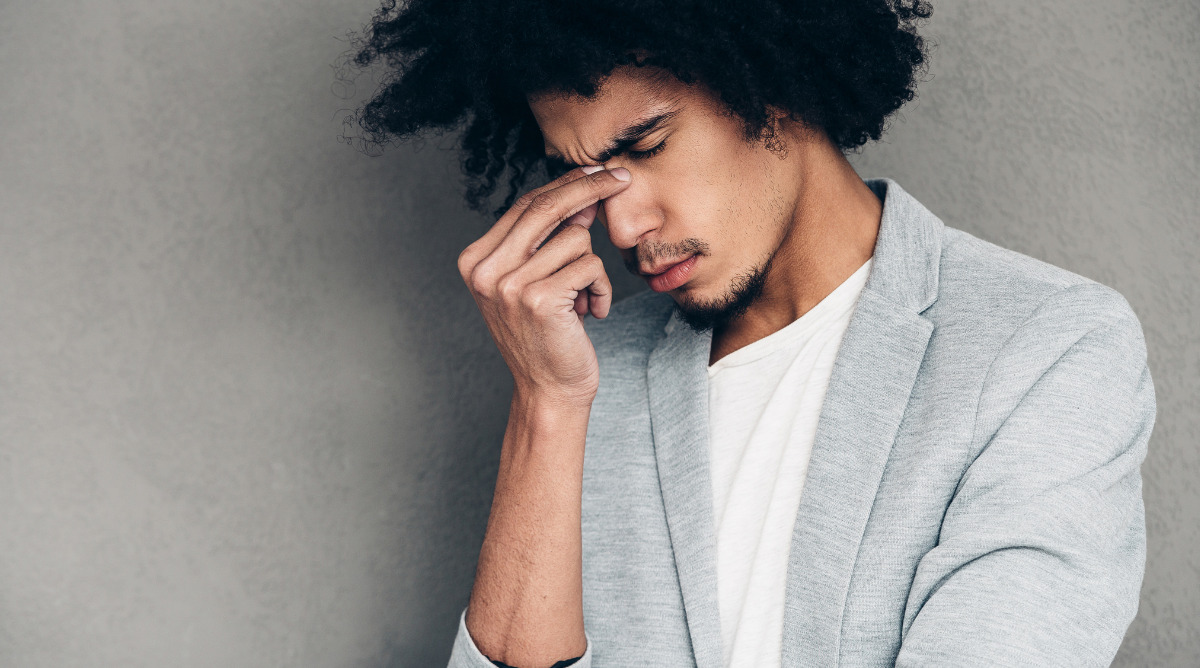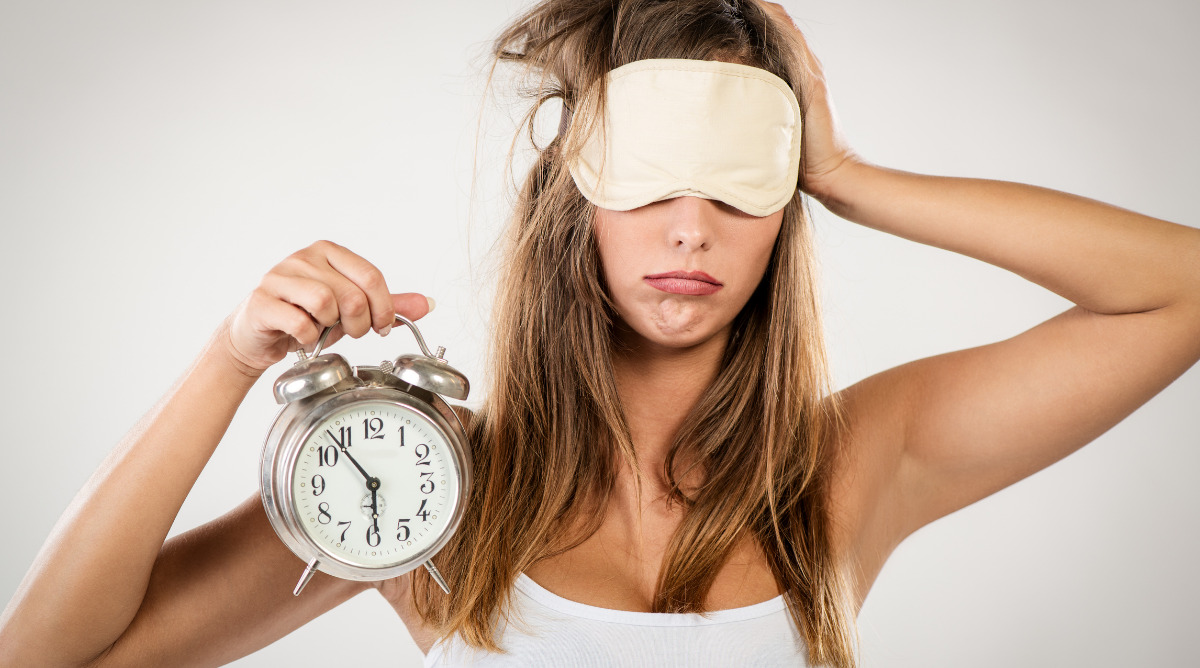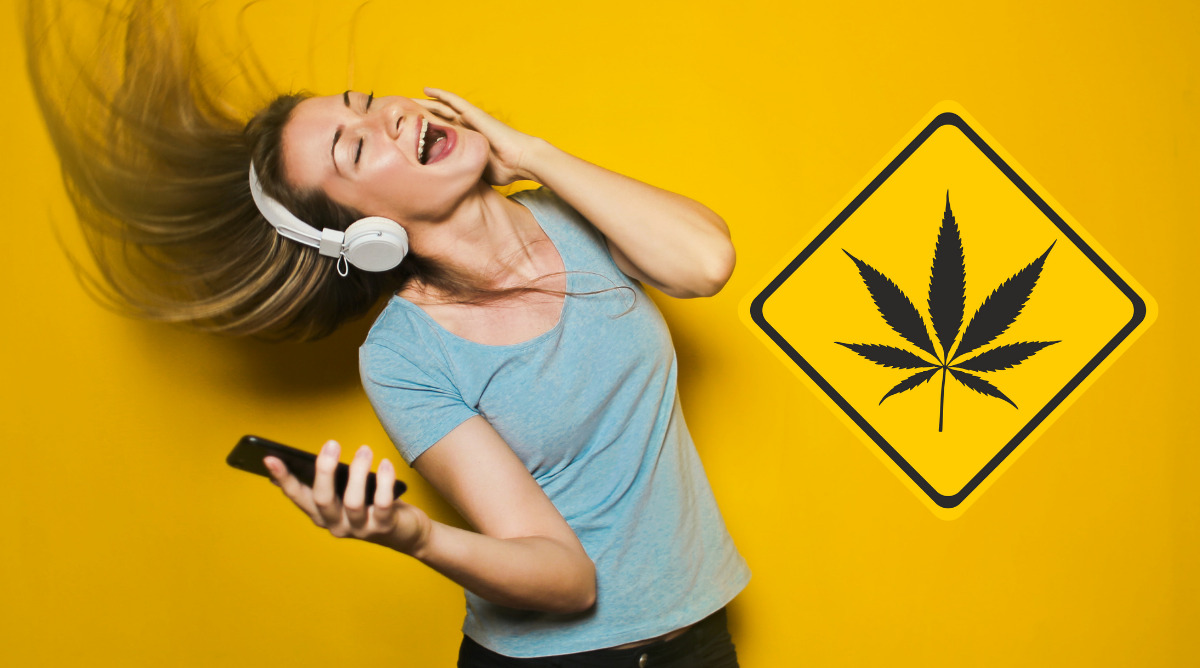
You know what your normal energy is like. How you run your day, and when you get tired. But what if you wake up first thing in the morning, and you are tired? And you have not even started your day yet? Many people use a cannabis energy boost, on days when they feel sluggish.
Fatigue and chronic fatigue can make you feel like you don’t want to do anything. That’s a nice thought, but you have a job and a life with responsibilities to manage on a daily basis. If you have been feeling abnormally tired, you need to get to the bottom of why it is happening so that you can fix it and feel better.
You are the best judge of whether your energy level is low or not. And if you feel like you don’t have the energy you used to have daily, you should start investigating why you feel fatigued.
Some of the most common causes of fatigue and energy loss are:
You probably spend eight or more hours seated if you have a desk job. And while you may feel tired at the end of the day, you aren’t physically tired. Cognitive and physical fatigue are two separate things.
So, while your mind may feel tired, your body hasn’t had enough exercise. And that is the tricky part, because you may feel like you don’t have the energy to exercise. When you really need to, in order to kick your natural endorphins into high gear.
Have you ever heard of runners high? That is a euphoric feeling that applies after you have had a great workout. When you are active, a group of chemicals called endorphins are released. And they are responsible for creating that happy feeling.
If you are not getting outside for some natural Vitamin D, and you are sedentary, you can start to experience fatigue. You may not have chronic fatigue, but it can be caused by too much sedentary time daily.

Unless you are getting tested every year, you may have no idea that you have any nutritional deficits at all. The truth is that unless you are sick, you may not have that critical test done annually. And that can be a big problem for your health and cause drowsiness and fatigue.
Vitamin D levels are critically important. If you are low on vitamin D, you are going to feel sluggish and tired. Compared to other vitamins, vitamin D functions very differently. It acts almost like a hormone, and some cells inside your body have built-in receptors for it.
Also called “the sunshine vitamin” because it is processed from cholesterol after your body is exposed to natural sunlight. And while many foods like fortified milk and fatty fish contain high levels of vitamin D, it can be hard to get the right amount every day.
That is a problem because, without enough vitamin D, you can start to experience fatigue and drowsiness. The same is true for vitamin B12, which your body relies on to transport oxygen in cells. Natural sources of vitamin B12 include proteins like meat, fish, and eggs.
If you have been nutritionally deficient for a long time, you might not notice the changes. In fact, you could get used to feeling fatigued and coping with it. Usually, by eating more carbohydrates (sugars) or consuming caffeine to improve energy and alertness. Which provides a temporary solution, usually followed by a ‘crash’ of energy a few hours later.
Fatigue is a common symptom of depression. You probably already knew that. But do you know how and why drowsiness and lack of energy are part of the picture when it comes to depression?
When someone has depression, there are chemicals that fluctuate abnormally in the brain. There are three neurotransmitters that are usually the culprits; serotonin, dopamine, and norepinephrine. Those transmitters moderate your energy, the quality of sleep you get, motivation, and your ability to feel pleasure.
How do you know if your lack of energy could be related to depression? It is hard to tell, but your doctor can help you complete some tests. Typically, they are standardized tests or questions that help determine a diagnosis of depression.
One of the easiest ways to tell if you may have chronic fatigue, or low energy because of depression? Your interest in participating in activities. If you have a drive to still do things you love, you probably do not have depression. But if you experience fatigue and lethargy, with no interest in doing fun things? You may have depression, and you should talk to your doctor about it.
Some types of chronic diseases can really do a number on your energy levels. If you have been diagnosed with a chronic disease, your doctor may have talked about fatigue as a symptom. But many people in the United States have an undiagnosed chronic disease. And they may have no idea about the source of their fatigue or how to address it.
Diabetes is one chronic disease that can cause fatigue. When patients have low blood glucose, they can feel drowsy and sluggish. Other health conditions such as underactive thyroid or hypothyroidism can also contribute to fatigue.
Some of the other common chronic health conditions that contribute to fatigue include:
Any significant change in your symptoms should be discussed with your doctor. Even when you have a pre-existing condition. Abnormal fatigue isn’t a symptom that you should have to live with especially when there are so many options to treat energy loss, drowsiness, and lethargy.

You’ve probably heard people joke about insomnia, usually after a night or two of bad sleep. But the medical condition of chronic insomnia or sleep disorder is far more serious. And it can have significant negative ramifications on your health.
There have been a number of recent surveys about sleep disorders in the United States. By some estimates, as many as 70 million Americans may have a sleep disorder. And about 30% of Americans may experience short-term insomnia. But 10% of people may have the most serious condition of chronic insomnia, according to The Sleep Foundation.
Lack of sleep does more than make you grump. It can cause cognitive impairment, including memory loss. It can impact your mood, concentration, and focus. And when you are not getting enough quality sleep, it can also do a number on your immune system.
Certain types of medications used to treat chronic diseases may also cause fatigue. Prescription allergy medications, blood pressure, seizure, and heart medications can cause symptoms of tiredness. So can anti-anxiety medications and drugs used for cancer therapies.
You may tolerate a prescription drug for a long time without any problem, and suddenly, you can experience side effects. One of the side-effects could be chronic fatigue. And that is another good reason to talk to your doctor. And do a regular review of your prescription medications and supplements. That will also help make sure none of your medications are contraindicated (conflicting) with each other.

You might have heard that some people choose specific strains of cannabis that can help by improving energy. Marijuana is classified as both a depressant and a stimulant. And how it works for you depends on a number of factors.
First, the strain you choose. If you are looking to boost your energy levels during the day, Sativa cannabis is your best choice. Most Sativa’s have a mild to moderate euphoric effect. That means consuming a ‘happy’ Sativa strain will help you relax but keep you functional and alert.
The downside to some strains of Sativa is that they can leave you feeling wired. Or too energetic, diverging in creative thought, etc. And feelings of paranoia can also be an unexpected (and unwanted) side-effect of using Sativa cannabis. But paranoia, nausea, and jitters are often associated with higher-potency strains.
Indica strains of cannabis, however, have the opposite effect. And they are not going to give you the cannabis energy boost you are looking for. Have you heard of couch-lock? That is the theme song and typical outcome of smoking or ingesting most strains of Indica cannabis. The stronger the potency, the more sedative an Indica will be.
Patients suffering from chronic fatigue or problems with low energy may opt to use medical cannabis to help. If a sleep disorder is part of the problem, an Indica cannabis before bed may improve how quickly you fall asleep. And help you achieve restorative and rejuvenating rest, so you get the sleep you need.
On the days where you feel that your energy is not what it should be, you can try using a lower-potency Sativa to give you that extra boost. Try to find a strain that also has a higher cannabidiol (CBD) content. But avoid strains that have cannabigerol (CBG) ratios, which are known to cause drowsiness. Talk to your doctor about choosing a cannabis energy boost as part of a treatment plan to address fatigue.
No Information on MarijuanaDoctors.Com should be used to diagnose, treat, prevent or cure any disease or condition. You can view our Full Disclaimer here.